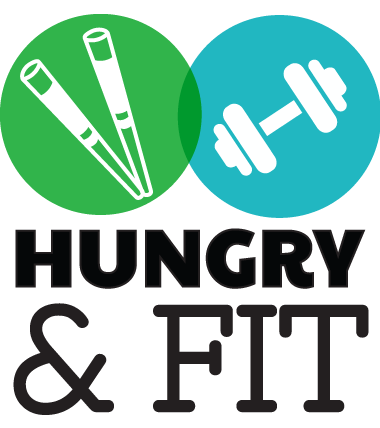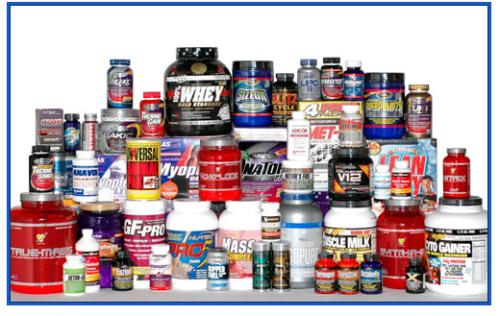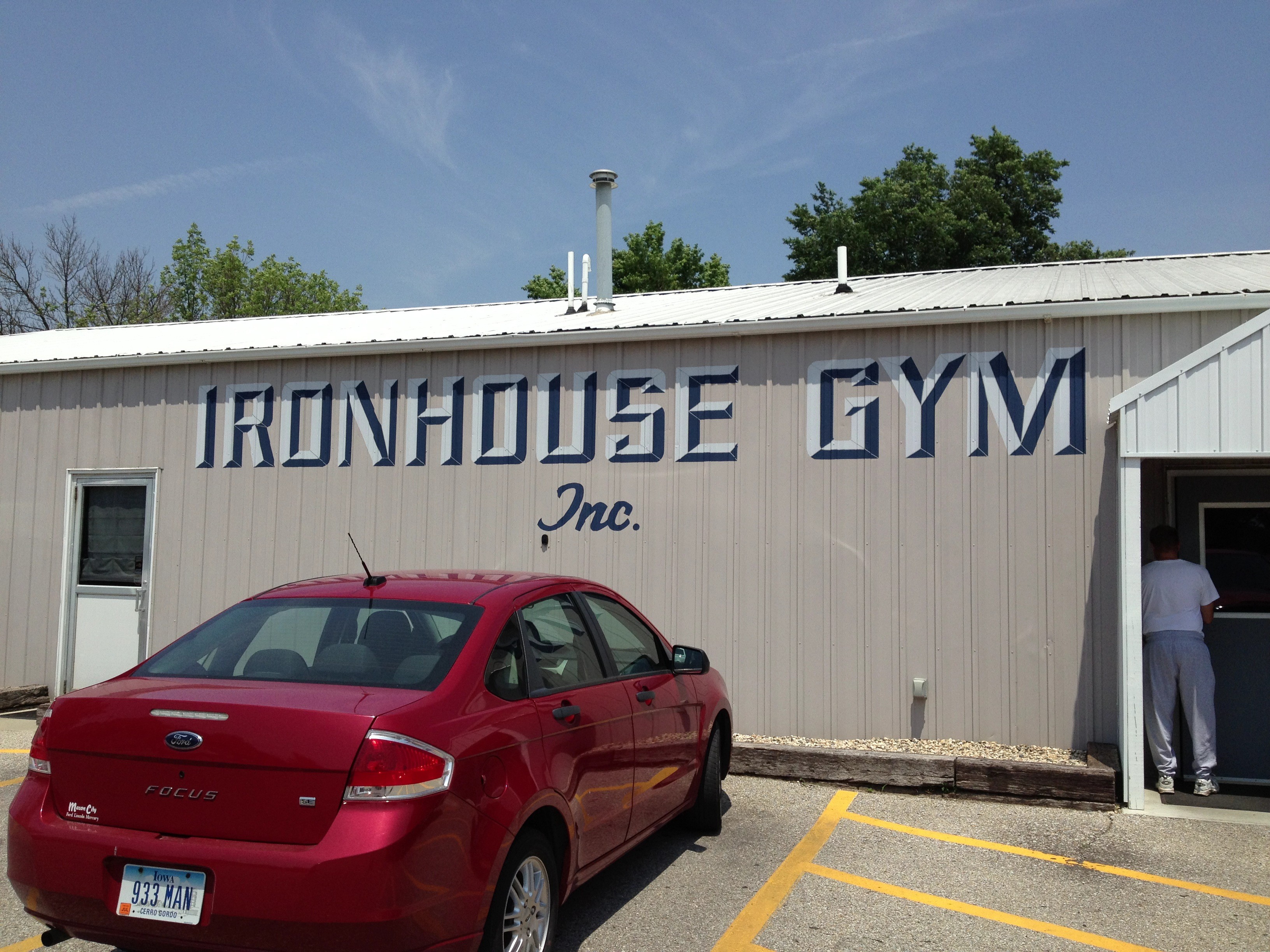Are you tired of hitting a plateau in your fitness routine? Do you want to take your workouts to the next level and see real progress in your muscle growth and recovery? If so, then this article is for you.
When it comes to food, we’re always paying attention to its nutritional facts. If we try something new, this is one of the first things we pay attention to, so much so, we end up learning about couscous nutrition if we need to. But even if we’re aware of all these facts, sometimes it’s not enough. That’s when we need supplements.
Supplements can be a game-changer for anyone looking to build muscle and enhance their physical performance. But with so many products on the market, it can be overwhelming to know where to start. That’s where we come in.
We’ll cover everything from protein powders to pre-workout supplements, and we’ll provide detailed information on the benefits, dosages, and potential side effects of each product. Whether you’re a seasoned gym-goer or a beginner looking to get in shape, this article has something for everyone.
So sit back, grab a protein shake, and get ready to learn about the best supplements for muscle growth and recovery.
Protein Powders
If you’re serious about building muscle, you’ve probably heard that protein is the key to success. That’s because protein is the building block of muscle tissue, and it plays a crucial role in muscle growth and repair. But getting enough protein from whole foods alone can be a challenge, especially if you’re following a strict diet or have a busy lifestyle. That’s where protein powders come in.
There are several types of protein powders available, each with its own unique benefits and drawbacks. Whey protein is perhaps the most popular choice, thanks to its high protein content and fast absorption rate. Casein protein, on the other hand, is slower digesting and provides a steady stream of amino acids to the muscles over several hours. Plant-based protein powders, such as pea or soy protein, are a great option for vegans or those with dairy allergies.
When choosing a protein powder, it’s important to consider factors such as taste, price, and ingredients. Some protein powders may be fortified with additional vitamins and minerals, which can be beneficial if you have specific nutrient deficiencies.
Here are some recommendations for specific brands and products:
- Optimum Nutrition Gold Standard Whey: This whey protein powder is a fan favorite, thanks to its high protein content, great taste, and affordable price point.
- Dymatize Elite Casein: If you’re looking for a slow-digesting protein powder to fuel your muscles overnight, Dymatize Elite Casein is a great choice. It’s also gluten-free and low in fat and sugar.
- Garden of Life Raw Organic Protein: This plant-based protein powder is made from a blend of sprouted grains, seeds, and legumes, and is free from artificial ingredients and flavors.
Creatine
When it comes to building muscle, creatine is one of the most widely used and researched supplements on the market. Creatine is a naturally occurring compound that’s found in muscle cells, and it plays a key role in energy production during high-intensity exercise. But can supplementing with creatine really help you build muscle faster? Let’s take a closer look.
Benefits of Creatine Supplementation
Research has shown that creatine supplementation can have several benefits for athletes and fitness enthusiasts, including:
- Increased muscle mass and strength: Creatine can help you train harder and longer, leading to increased muscle mass and strength gains.
- Improved exercise performance: Creatine can increase the amount of energy available to your muscles during high-intensity exercise, allowing you to work out harder and longer.
- Faster recovery: Creatine can help speed up the recovery process after a workout, reducing muscle soreness and fatigue.
Recommended Dosages and Cycling Strategies
The most common way to supplement with creatine is to take it in powder form, mixed with water or another beverage. The recommended dosage for creatine supplementation is typically 3-5 grams per day, taken before or after a workout. It’s also important to cycle your creatine intake, taking it for a period of 4-8 weeks, followed by a break of 4-8 weeks before resuming use.
Warnings and Potential Side Effects
While creatine is generally considered safe, it’s important to be aware of potential side effects, such as an upset stomach, diarrhea and so. It’s also important to note that creatine supplementation is not recommended for individuals with kidney or liver disease, or for pregnant or breastfeeding women.
Overall, creatine is a safe and effective supplement for individuals looking to increase muscle mass, improve exercise performance, and speed up recovery after a workout. Just be sure to follow the recommended dosages and cycling strategies, and talk to your doctor if you have any concerns.
Pre-Workout Supplements
Pre-workout supplements are designed to help you power through your workouts with more energy, focus, and intensity. They typically contain a blend of ingredients that work together to increase blood flow, enhance muscle contractions, and improve cognitive function. By taking a pre-workout supplement, you may be able to lift heavier weights, run faster and longer, and push yourself further than you would be able to otherwise.
Common Ingredients in Pre-Workout Supplements
There are several ingredients commonly found in pre-workout supplements, including:
- Caffeine: A stimulant that can increase energy, focus, and alertness. However, too much caffeine can cause jitters, anxiety, and insomnia.
- Beta-alanine: An amino acid that can improve endurance and reduce fatigue. However, it can also cause a harmless tingling sensation in the skin.
- Nitric oxide boosters: These ingredients (such as arginine and citrulline) can increase blood flow to the muscles, improving nutrient delivery and reducing fatigue.
- B vitamins: These vitamins are important for energy production and can help reduce fatigue during workouts.
Recovery Supplements
Recovery supplements can be a helpful addition to your post-workout routine, helping to reduce soreness and inflammation, and support muscle growth and repair. When you exercise, your muscles undergo stress and damage, leading to soreness, inflammation, and micro-tears in the muscle fibers. In order to repair and grow stronger, your muscles need time to rest and recover, as well as proper nutrition. Recovery supplements can help support this process by providing your body with the nutrients it needs to repair and rebuild.
Types of Recovery Supplements
There are several types of recovery supplements, each with its own benefits and drawbacks. Some of the most popular types include:
- Branched-chain amino acids (BCAAs): These amino acids (leucine, isoleucine, and valine) can help reduce muscle breakdown, support muscle growth, and reduce soreness and fatigue.
- Glutamine: An amino acid that can help reduce inflammation and support immune function. It may also help reduce muscle soreness and improve recovery.
- Protein blends: These supplements typically contain a mix of different types of protein (whey, casein, soy, etc.) to provide a balanced and sustained release of amino acids for muscle repair and growth.
Supplements can be a helpful addition to a fitness routine, but they should be chosen carefully and used in moderation. By understanding the benefits and drawbacks of each type of supplement and considering your individual needs and goals, you can choose the right supplements to support your fitness journey. Remember, supplements alone won’t make you fit – it takes hard work, dedication, and a balanced approach to nutrition and exercise.
Photo by Murilo Botelho: https://www.pexels.com/photo/man-doing-pull-ups-1865131/










